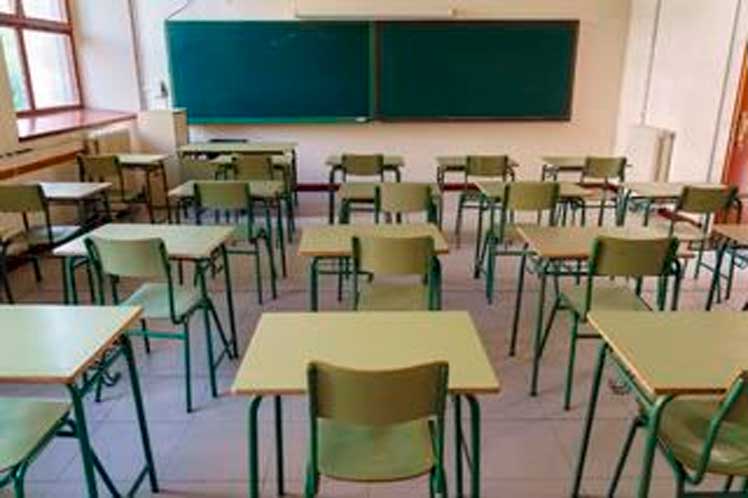The charity, UNICEF, estimates 147 million children have missed at least half of their in-person schooling over the past two years.
“When children are not able to interact with their teachers and their peers directly, their learning suffers. When they are not able to interact with their teachers and peers at all, their learning loss may become permanent,” said Catherine Russell, UNICEF Executive Director.
“This rising inequality in access to learning means that education risks becoming the greatest divider, not the greatest equalizer. When the world fails to educate its children, we all suffer.”
We need a new normal: getting children into classrooms, assessing where they are in their learning, providing them with the intensive support they need to recover what they’ve missed, and ensuring that teachers have the training and learning resources they need.
But the closure of schools is not the only disruptive element found in the UNICEF study, which explains how many children did not return to school as classrooms were reopened.
In addition, the report highlighted that while out-of-school children suffer the greatest loss, pre-pandemic data from 32 countries and territories show a desperately poor level of learning, a situation that has likely been exacerbated by the scale of learning lost to the pandemic.
In the countries analyzed, the current pace of learning is so slow that it would take seven years for most schoolchildren to learn foundational reading skills that should have been grasped in two years, and 11 years to learn foundational numeracy skills.
In many cases, there is no guarantee that schoolchildren learned the basics at all.
mh/pll/jha/ifb










